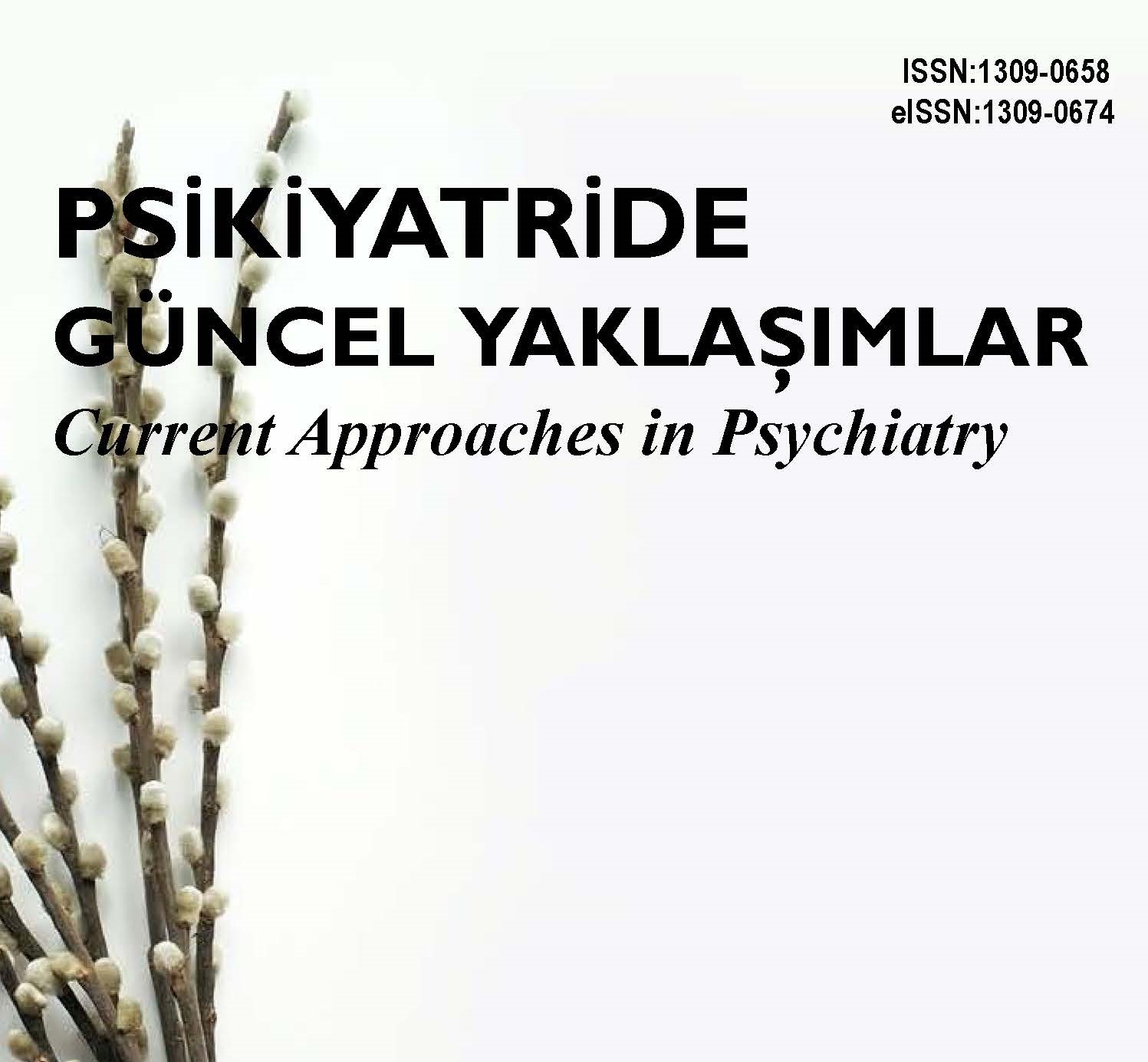Dikkat Eksikliği Hiperaktivite Bozukluğunda Öfke ve Anksiyete Düzeylerinin Metilfenidat Tedavisiyle İlişkisi
Relationship of Anger and Anxiety Levels with Methylphenidate Treatment in Attention Deficit Hyperactivity Disorder
Author(s): Hatice Ünver, Neşe Perdahlı FişSubject(s): Personality Psychology, Psychology of Self, Behaviorism
Published by: Çukurova Universitesi Tip Fakultesi Psikiyatri Anabilim Dalı
Keywords: Attention deficit hyperactivity disorder; trait anger; anger expression; OROS methylphenidate; anxiety;
Summary/Abstract: The aim of this study was to compare anger and anxiety levels in children and adolescents with attention deficit hyperactivity disorder (ADHD) before and after methylphenidate treatment and investigate the relation of anger levels with anxiety levels of participants. The study sample consisted of patients who were admitted to the child and adolescent psychiatry outpatient clinic consecutively, diagnosed with ADHD for the first time and planned for prescription of long-acting osmotic release (OROS) methylphenidate. Trait Anger and Anger Expression Style Scale and State-Trait Anxiety Inventory for Children were applied to patients before the treatment and 3-months after the treatment. Disease severity was evaluated by using the Clinical Global Impression Scale. The average age of 30 patients in the study was 12.23 ± 1.59 years, and the mean dose of methylphenidate treatment was 36 ± 12.28 mg/day. Levels of trait anxiety and disease severity was significantly decreased in the posttreatment evaluation. There was a negative correlation between state anxiety level and anger control in both pre-treatment and post-treatment evaluation. The results of this study showed that trait anger levels and anger expression styles of patients with ADHD did not improve with methylphenidate treatment, but it may be difficult for them to control their anger if state anxiety level is high. It may be assumed that identification of other factors that may affect the anger levels in ADHD patients, addressing their anxiety levels, and implementing other non-drug treatment approaches for anger are important.
Journal: Psikiyatride Güncel Yaklaşımlar
- Issue Year: 12/2020
- Issue No: Suppl. 1
- Page Range: 195-203
- Page Count: 9
- Language: Turkish

